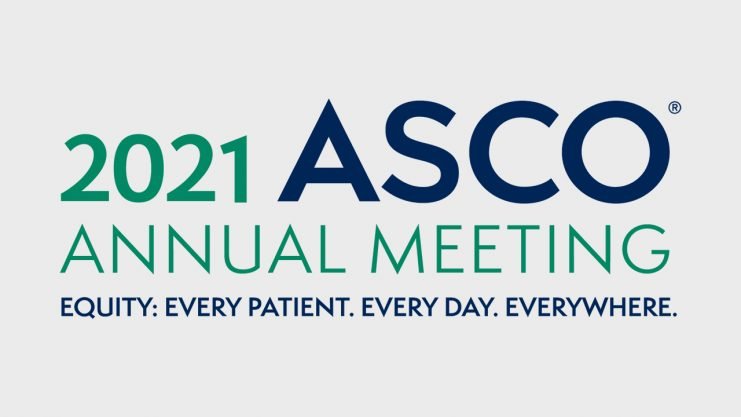Advertisment
ASCO 2021: Adjuvant olaparib PARP improves outcomes in high-risk early-stage HER2-negative breast cancer with BRCA 1/2 mutations

Article written by Bruce Sylvester.
When treated with adjuvant olaparib after completion of local treatment and neoadjuvant or adjuvant chemotherapy, patients with high-risk, HER2-negative early breast cancer and germline BRCA1 or BRCA2 pathogenic or likely pathogenic variants, achieved significantly longer survival free of invasive or distant disease than a control group of similar patients treated with placebo.
Researchers reported these findings from the OlympiA study on June 3, 2021 in the New England Journal of Medicine/NEJM and at the American Society of Clinical Oncology/ASCO 2021 Virtual Annual Meeting.
“The OlympiA study results, the first reporting the effects of a PARP inhibitor as an ‘adjuvant therapy’ on survival endpoints, suggest a possible addition to the standard of care for patients with germline BRCA1/2 mutation-associated early breast cancer who have levels of recurrence risk requiring neoadjuvant or adjuvant chemotherapy,” said lead author Professor Andrew Tutt, MB ChB, PhD, FMedSci, Head of the Division of Breast Cancer Research and Director of the Breast Cancer Now Toby Robins Research Centre at the Institute of Cancer Research in London (UK) and the Breast Cancer Now Research Unit at Guy’s Hospital King’s College in London.
The investigators conducted a phase 3, double-blind, randomized trial enrolling subjects with human epidermal growth factor receptor 2 (HER2)–negative early breast cancer with BRCA1 or BRCA2 germline pathogenic or likely pathogenic variants and high-risk clinicopathological factors. None of the subjects had received local treatment and neoadjuvant or adjuvant chemotherapy.
A total of 1836 subjects underwent randomization. They were randomized in a 1:1 ratio to 1 year of oral olaparib or to placebo.
The primary end point was invasive disease–free survival.
The investigators reported finding that, at a prespecified analysis point, the 3-year invasive disease–free survival was 85.9% in the olaparib group and 77.1% in the placebo group, a statistically significant 8.8 percentage points for invasive disease or death (P<0.001).
The 3-year distant disease–free survival was 87.5% in the olaparib group and 80.4% in the placebo group, a statistically significant 7.1 percentage points difference for distant disease or death (P<0.001).
There were no new safety signals for olaparib treatment.
“OlympiA’s findings highlight the need for genetic testing for BRCA mutations in patients diagnosed with high-risk early-stage breast cancer. These results could have an important impact on treatment decisions for this patient population, possibly including the use of a PARP inhibitor in the adjuvant setting,” said ASCO President Lori J. Pierce, MD, professor of radiation oncology at the University of Michigan in Ann Arbor.





